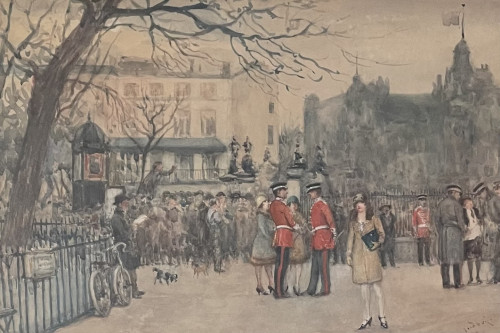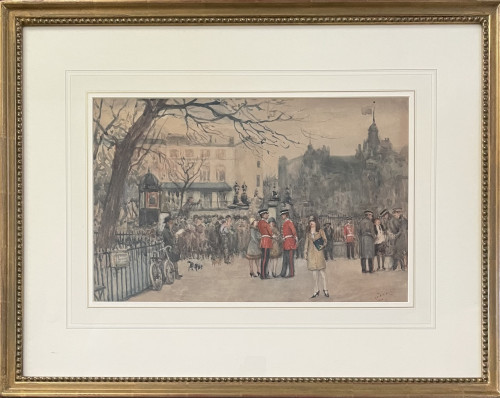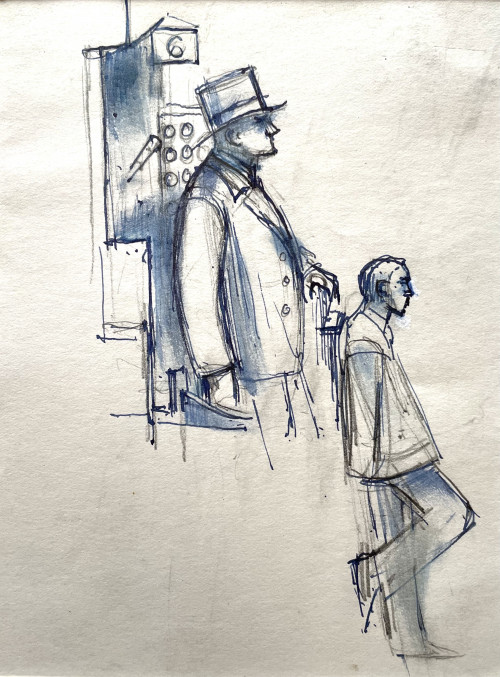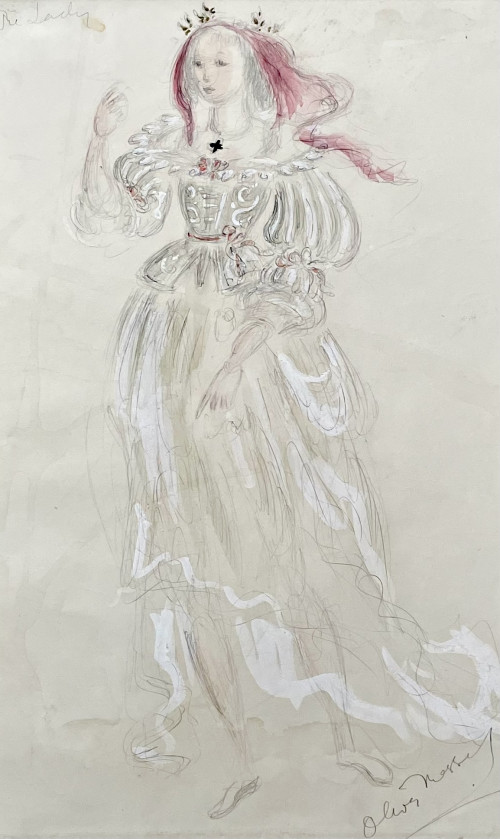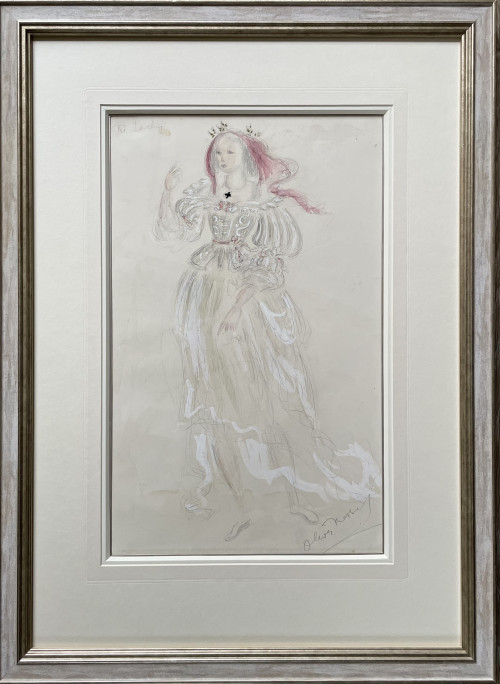- HOME
-
- View All Items
- New Arrivals
- Featured Items
- Artists
-
- View All
- Contemporary
- Birmingham School
- Cotswold Group
- Landscape
- Urban Townscape
- Abstract
- Animals/Birds
- Arts & Crafts
- British Impressionist
- Botanical
- Design/Industrial
- Fantasy/Fairy Subjects
- Female Artists
- Figurative
- Historical
- Illustration/Cartoon
- Marine
- Military/War Artist
- Modern British
- Pre-raphaelite/ Romantic/ Aesthetic
- Nude
- Portrait
- Prints
- Scottish
- Sculpture
- Sporting
- Still Life
- Theatrical
- Interiors/Architectural
-
ARCHIVE
Genre
- View All
- Contemporary
- Birmingham School
- Cotswold Group
- Landscape
- Urban Townscape
- Abstract
- Animals/Birds
- Arts & Crafts
- British Impressionist
- Botanical
- Design/Industrial
- Fantasy/Fairy Subjects
- Female Artists
- Figurative
- Historical
- Illustration/Cartoon
- Marine
- Military/War Artist
- Modern British
- Pre-raphaelite/ Romantic/ Aesthetic
- Nude
- Portrait
- Prints
- Scottish
- Sculpture
- Sporting
- Still Life
- Theatrical
- Interiors/Architectural
- ARTISTS
- Online Exhibitions
- Events
- About
- Contact
Sir Charles Wheeler PRA - John Perry, FRS
Sir Charles Wheeler PRA - John Perry, FRS
2961
SIR CHARLES WHEELER, PRA
(1892-1974)
John Perry, FRS
Signed with initials l.r.: CW Sc, inscribed and dated around the circumference: JOHN PERRY FRS MCMXV
Circular bronze plaque on oak tabernacle panel
Bronze diameter 21 cm., 8 ¼ in.
(mount size 41 by 34.5 cm., 16 ¼ by 13 ½ in.)
Provenance:
The Collection of the Rev John Watson
John Perry (1850-1920) was born in Garvagh, Co Londonderry, Northern Ireland. He worked as Lord Kelvin’s assistant at the University of Glasgow, and later became professor of mechanical engineering at Finsbury Technical College. He was a colleague of William Edward Ayrton and John Milne at the Imperial College of Engineering in Tokyo, 1875-79, and was also a Fellow of the Royal Society. He was professor of mathematics at Imperial College in London from 1896 to 1913. In 1900 he was elected president of the Institution of Electrical Engineers, and from 1906 to 1908 served as president of the Physical Society of London. He received an honorary doctorate from the University of Glasgow in June 1901.
In 1895 Perry challenged Lord Kelvin’s assumption of low thermal conductivity inside the Earth and thus disputing Kelvin’s estimate that the Earth was only 20-400 million years. Perry reasoned that the interior of the Earth was partly fluid and therefore would transfer heat much more effectively and therefore was able to calculate the age of earth to 2-3 billion years. At the time the scientific community did not accept Perry’s ideas but his theories have since been found sound, the age of the earth now being judged to be 4-6 billion years.
Thank you for your enquiry.
We will get back to you soon.
Please create wishlist to add this item to
RELATED ITEMS






